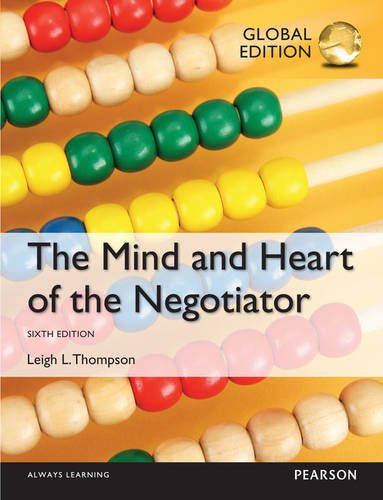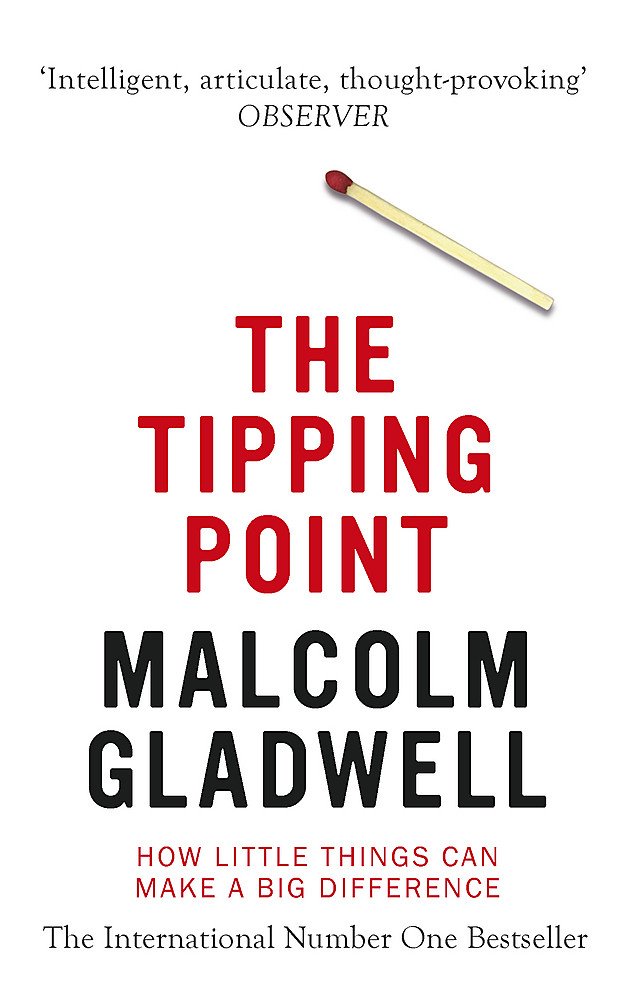There are a whole lot of how-to-negotiate books. But in Moty Cristal’s experience, who is responsible for negotiation practice course with the EMBA for Eurasia Program by Moscow School of Management SKOLKOVO & HKUST, there’s no way to foresee any and all scenarios that can arise in the negotiation process. We selected 5 books that Moty Cristal recommends for those who wish to succeed in as many of those scenarios as possible: they are not study guides to be followed, but rather suggest various possible negotiation concepts. All advice these books give is universal and can be applied to any country.
Navigate the article
#1 Roger Fisher, William Ury, Bruce Patton. Getting to Yes: Negotiating Agreement Without Giving In
This book by professors from Harvard is still very relevant despite having been first published in 1981. It should be a go-to book for those who want to master the international business negotiations culture.
Negotiations are regarded in the book as a popular science that breaks down into three major principles:
- Separate the people from the problem. Negotiators should not focus on people if they don’t want to let excessive emotions get in the way.
- Focus on interests, not positions. The actual interest does not always coincide with the position voiced in the negotiation process. Positions represent things people say they want. Interests, or needs, on the other hand, reflect reasons people have for wanting those exact things.
- Insist on using objective criteria. A good negotiator not only takes account of the other party’s wishes, but also always tries to find references and criteria (e.g. laws, market price, general practice) that can be used as a strong argument.
Want to read more reviews of this book or buy it? Check out the links below:
#2 Leigh Thompson. The Heart and Mind of the Negotiator
This book will be helpful to every negotiator, as it debunks the most common myths about negotiations while offering an impressive list of tactics and moves based on many years of psychological and social research. Thompson believes that the “good negotiators can only be born, not made” theory is false and that one should not rely on intuition. He stresses the importance of such concepts as trust and ethics and meticulously describes the moves that can be used in multilateral negotiations or even in email correspondence.
Want to read more reviews of this book or buy it? Check out the links below:
#3 George Kohlrieser. Hostage at the Table: How Leaders Can Overcome Conflict, Infuence Others, and Raise Performance
The author of the book, professor Kohlrieser, is experienced in risky negotiations. Based on his knowledge, he wrote a book that considers the negotiation process from the point of view of leadership and decision-making issues. By establishing concrete concepts and using the hostage situations terminology professor Kohlrieser states that one of the most difficult challenges for negotiators is to break out of the psychological trap and “stop being a hostage to their own beliefs”.
Quoting anecdotes and examples from his personal experience, the author stresses the utmost importance of a personal connection that the negotiator needs to establish with the other party in order to secure a deal. The book suggests ways and methods to overcome misunderstanding, helps the readers grasp the importance of trust and teaches them to deal with the “norm of reciprocity”, a social phenomenon that drives people even when they are not willing to exchange concessions.
Want to read more reviews of this book or buy it? Check out the links below:
#4 David Lax, James Sebenius. 3-D Negotiation: Powerful Tools to Change the Game in Your Most Important Deals
This is another book by Harvard professors based on the university research. Unlike the above mentioned works where the authors focused on the negotiators themselves and the search of agreement, Lax and Sebenius suggest taking a look at the bigger picture: they are the first to encompass the whole scene and include not only the things that are happening at the table, but also the way the table itself is laid.
A skillful negotiator will organize the scene in such a way that the price of disagreement is high.
Want to read more reviews of this book or buy it? Check out the links below:
#5 Malcolm Gladwell. The Tipping Point: How Little Things Can Make a Big Difference
Even though Malcolm Gladwell hasn’t written a single book on negotiations, you should make sure The Tipping Point is in your library if your job involves frequent contacts with other people. The author teaches how to turn an idea into a social phenomenon. For this, the following three conditions must be met:
The idea should be viral (or stick). It should be innovative and trigger positive emotions. It should promise a bright future for people. The idea should qualify for “the law of the few”. In other words, in order to spread a social idea, you need people who serve as “connectors” — those who have many acquaintances, who are followed on Facebook by thousands and whose opinion really matters. We now refer to them as opinion leaders. The power of context and conditions under which the idea is being spread is also to be taken into account, as even the “stickiest” idea spread by the most well-connected people won’t turn into a “social epidemic” without the right political, social and economic context.
Want to read more reviews of this book or buy it? Check out the links below:
This post was created with our nice and easy submission form. Create your post!






